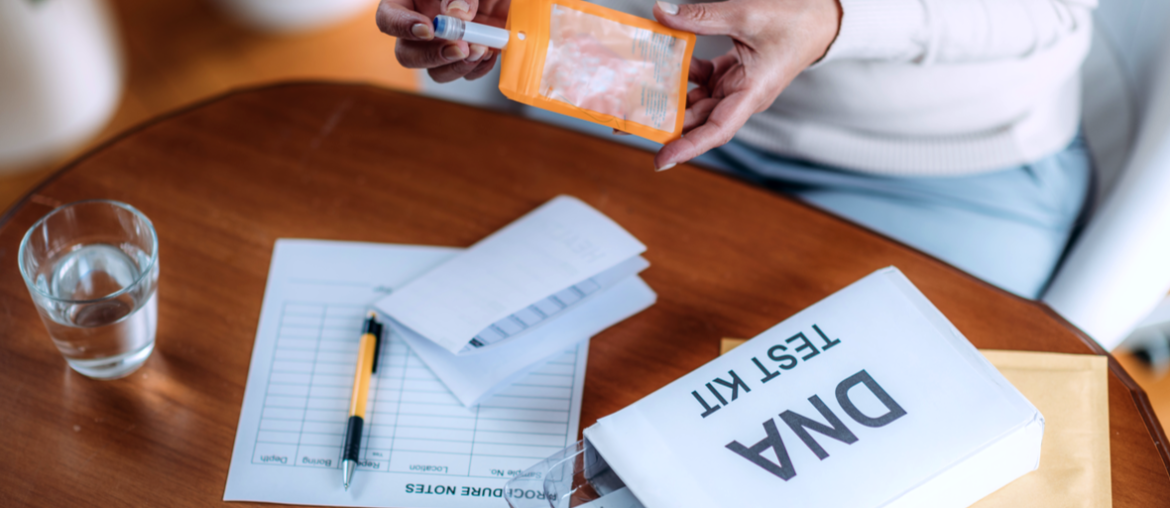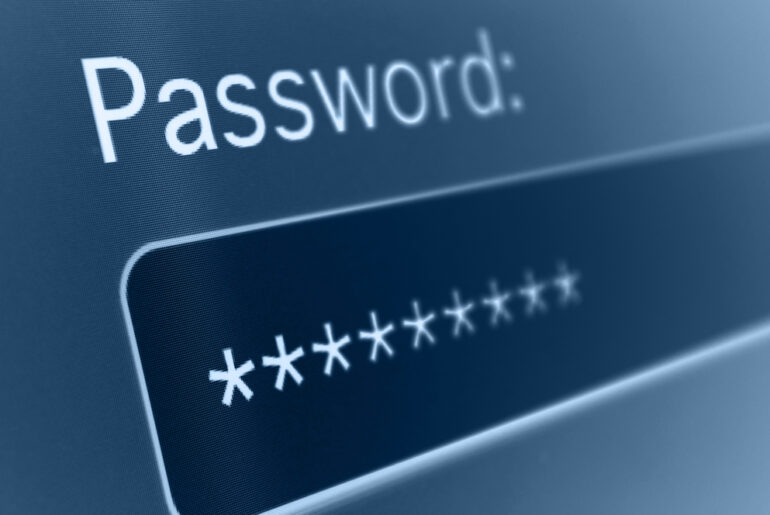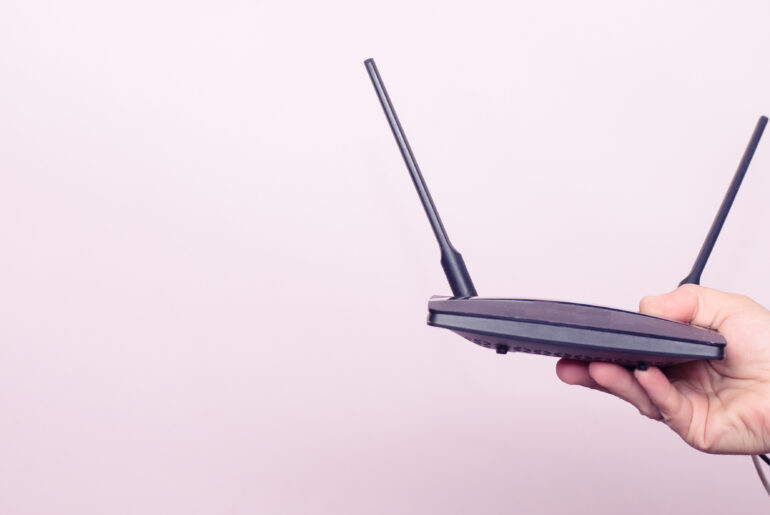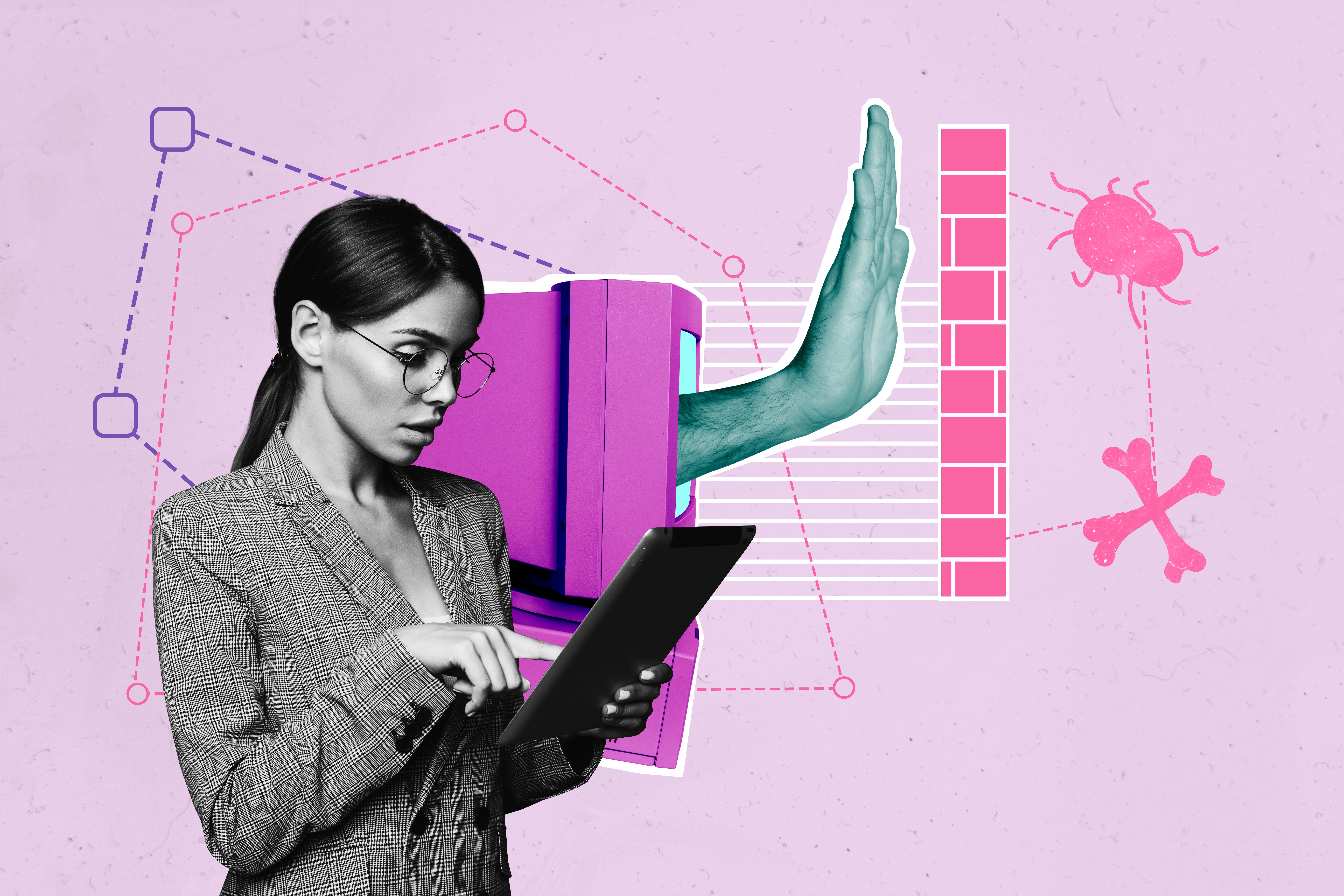Were you gifted a 23andMe or Ancestry.com chromosome test over the holidays? At-home DNA tests allow you to determine your ancestral origins and have become increasingly popular in the past few years. However, the popularization of these tests has made many users ask, “do at-home DNA tests compromise your personal information?” Join us as we discuss the potential safety risks of these chromosomal tests and determine whether they compromise your safety.
What is an At-Home DNA Test?
Over-the-counter (OTC) or at-home DNA test kits allow you to discover information about your health, ancestry, and genetic makeup. These tests usually require a saliva sample, which is sent to a laboratory for testing and analysis. Your results can show you possible links to genetic disorders you may have or other diseases that make affect you. You may also be able to learn more about your family through at-home paternity tests and other similar kits.
How Do At-Home DNA Tests Work?
Chromosome tests like the ones sold by Ancestry.com or 23andMe require participants to submit DNA samples through the mail. The process involves retaining saliva or blood for analysis, which is then sent to a lab. Users can obtain this sample with a cheek swab or by visiting a nearby lab to collect a blood sample.
Once you have sent off your sample to the vendor’s lab, they will produce analysis and send it back to you. From here, you can review your sample results and choose to seek out additional treatment from a health care provider. Additionally, users can use the ancestry information that they receive to connect with distant relatives.

Can At-Home DNA Tests Put Your Privacy at Risk?
Protecting your personal information has never been more important. Unfortunately, there are certain safety risks that can arise from DNA test kits. One main aspect that can result in a security threat is giving companies direct access to your private data. It’s necessary to read the terms of use for your information once the DNA testing company has access to it. Be sure to look up what kind of rights the company has to your information before you submit the test.
Some companies that produce DNA tests also sell dietary supplements or fitness gear. These same companies can use your test results to try and influence you to purchase their products. In many cases, test results from businesses that push their products on users are also less reliable. This could mean that your results might cause unnecessary concern for you or your loved ones.
Another way that at-home DNA tests compromise your personal information is by handing it over to organizations like the FBI. This data can track down criminals, but there is a lack of transparency and consent for those submitting their DNA. Your data could even falsely implicate one of your relatives. You deserve the right to choose how your personal information, especially your medical data, is used by a third party.
Other DNA testing companies also sell your information to pharmaceutical manufacturers. This funnel built by the DNA test companies has led to huge price spikes in life-saving medication over the years. Ultimately, you can never be certain that you know what someone else is doing with your private data.
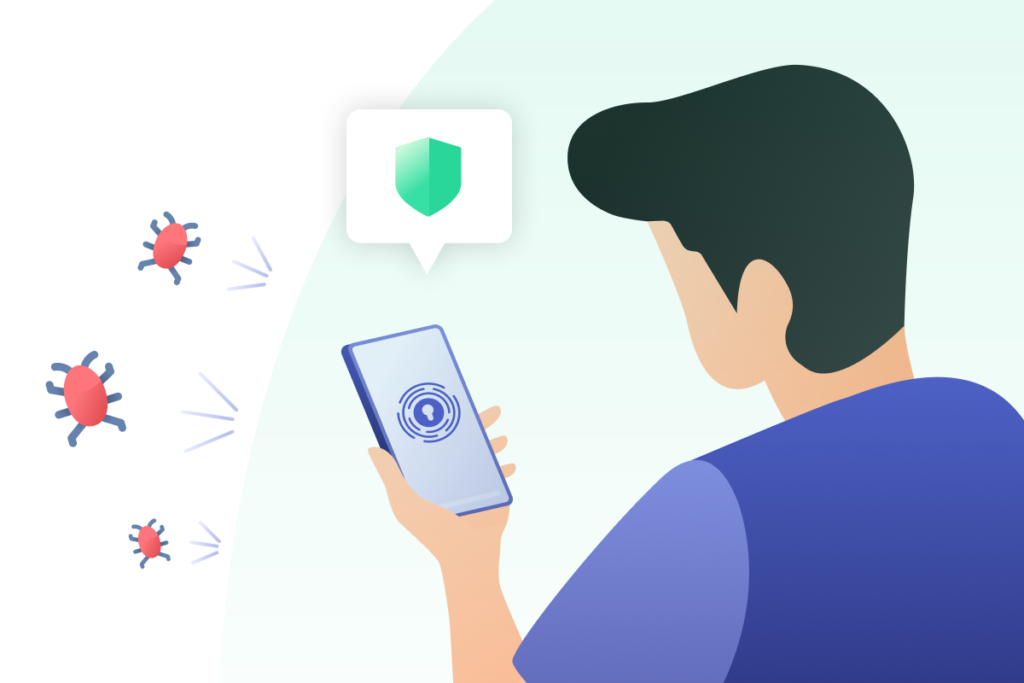
Do DNA Tests Compromise Your Personal Information?
Regardless of the intent you had for purchasing an at-home DNA test kit, you should still consider the ramifications of giving someone else access to your private data. While there are a few notable benefits to obtaining personal information from a chromosome test, the risks can be sizeable. With cybercriminals and malicious hackers browsing the Internet for data to steal from unsuspecting victims, it’s important to protect yourself. The best way to combat this threat is to never give away your personal information, especially your DNA.
Protect Your Private Data with PrivadoVPN
Cybercriminals are lurking around every corner of the Internet. Whether they’re exploiting weak security systems or stealing personal information, these attackers will stop at nothing to get your data. The best way to protect yourself is to avoid giving away any personal information to sources you don’t trust. However, another great solution for protecting your privacy is to use a reliable VPN.
Although a VPN cannot stop someone from obtaining information from your at-home DNA test, it can still protect your data. With a VPN on your favorite devices, your IP address can be hidden from prying eyes. VPNs allow you to route your data through a secure server in another location, giving you extra protection against cybercriminals. With privacy from a VPN, you can be sure that attackers won’t be able to monitor your online activity.
PrivadoVPN offers users the ability to secure their data with the touch of a button. Simply open the app, select your server location, and connect. In just a few moments, you can improve the quality of your data privacy with our easy-to-use application. Plus, with premium access to PrivadoVPN, you get unlimited data and the ability to create up to 10 simultaneous connections. Keep all of your devices safe and secure 24/7 from just one account!
Start protecting your private data today and sign up for PrivadoVPN.
Get PrivadoVPN Today
Sign up for unlimited VPN data, access to SOCKS5 proxy, and easy-to-use multi-device protection.
Get started with PrivadoVPN now.

